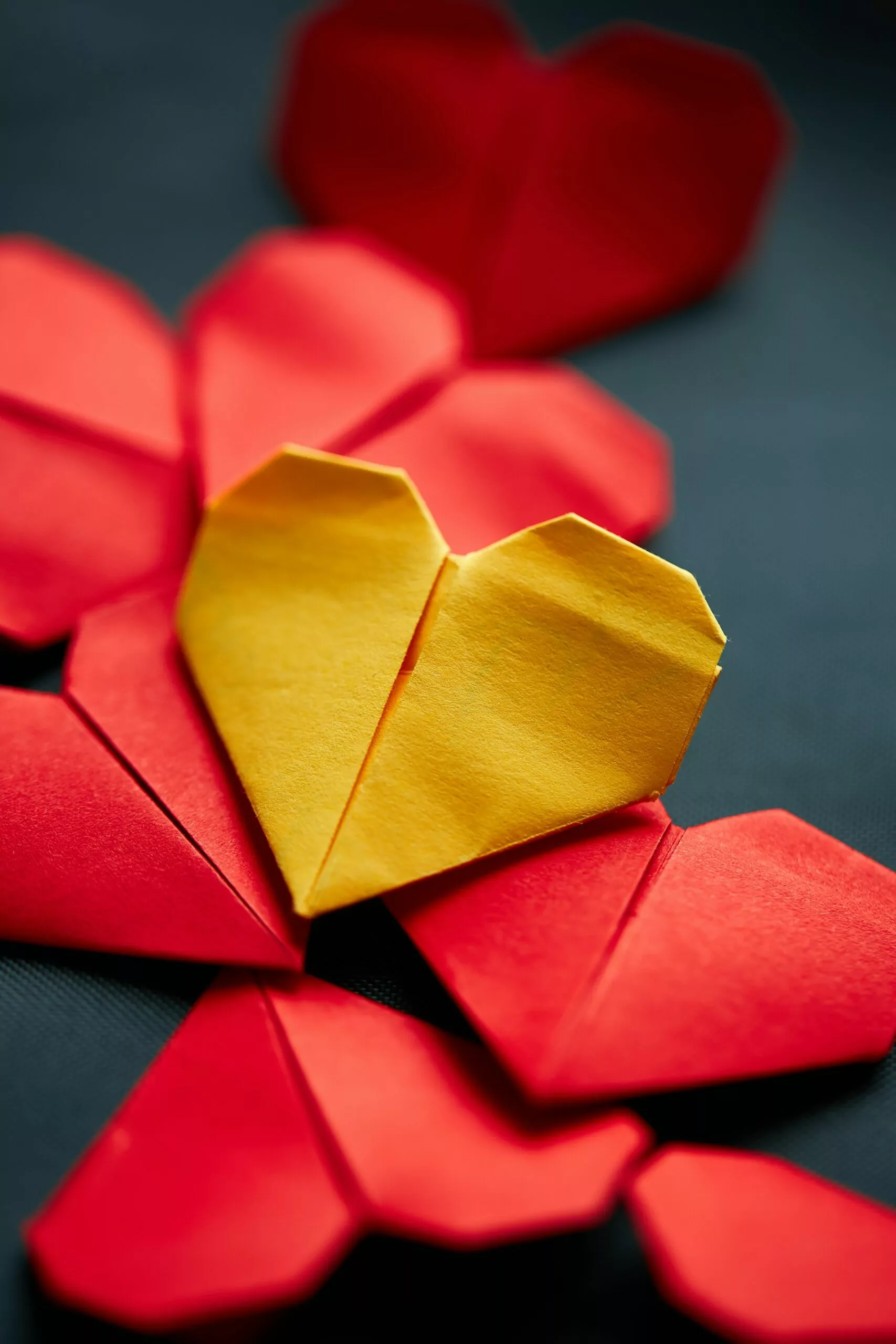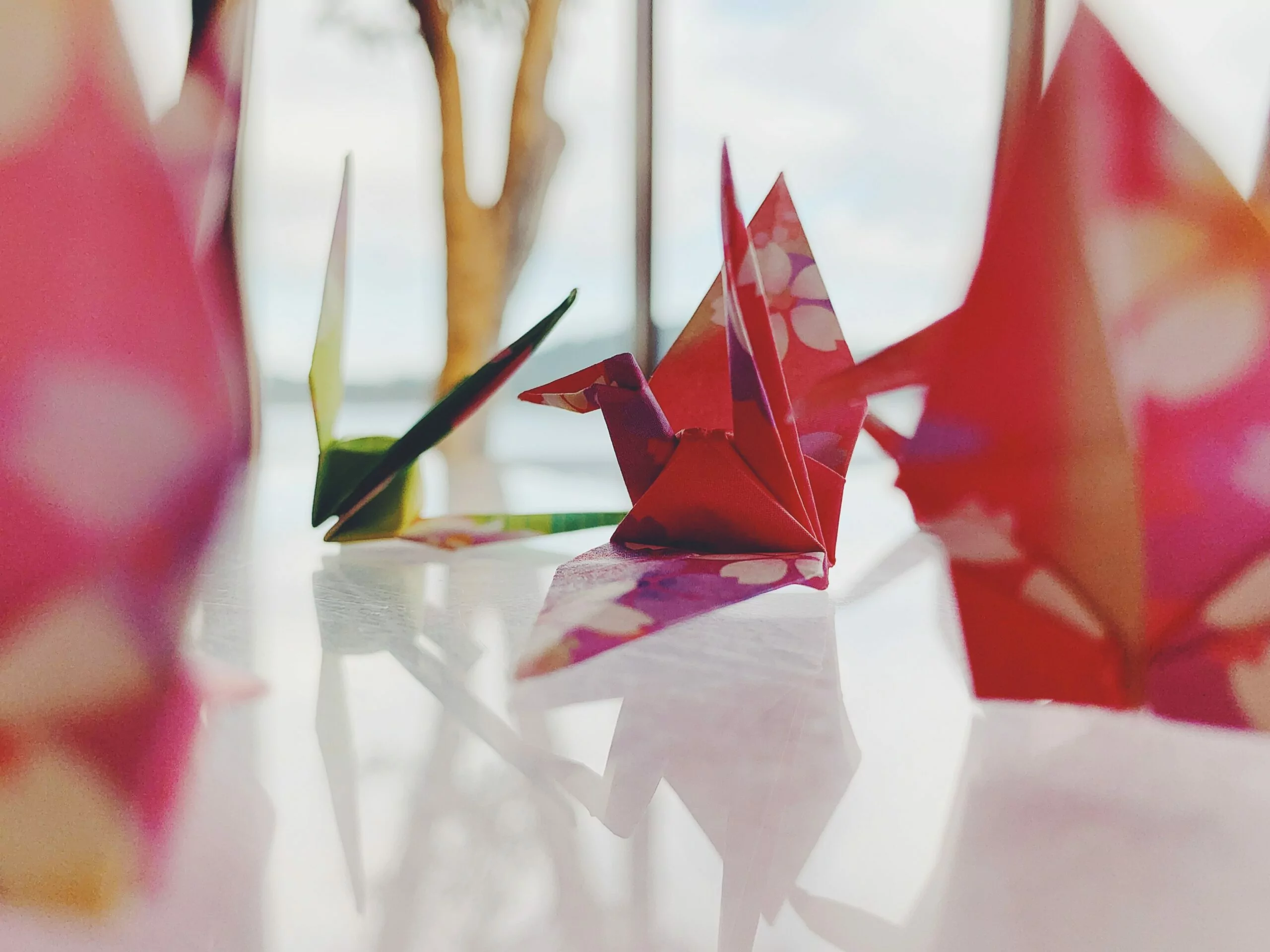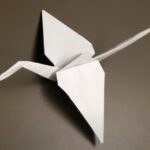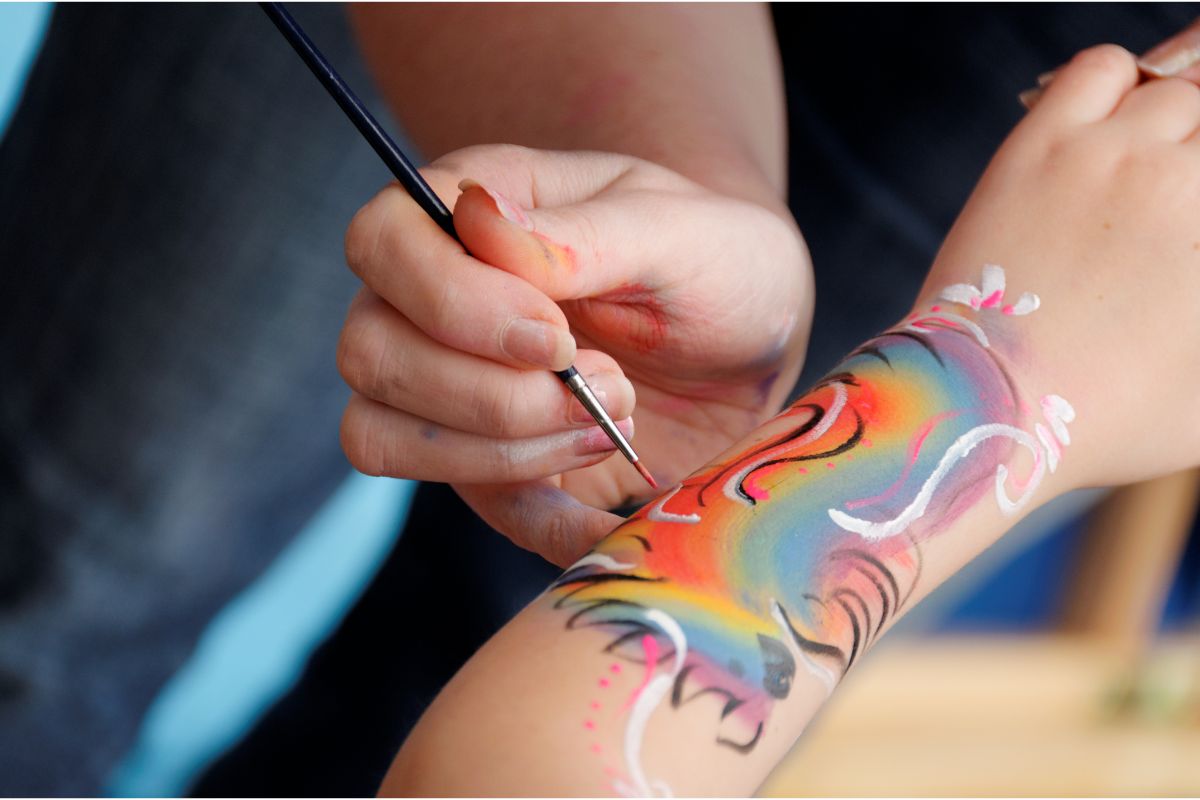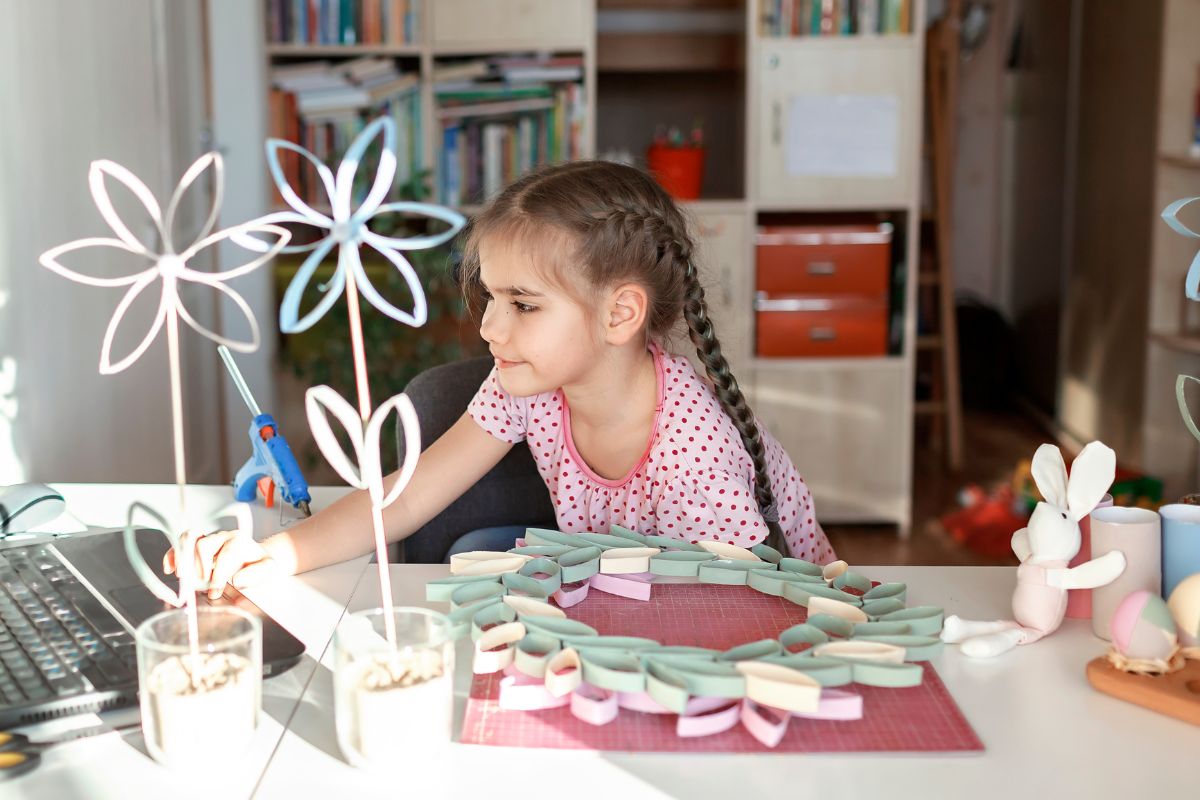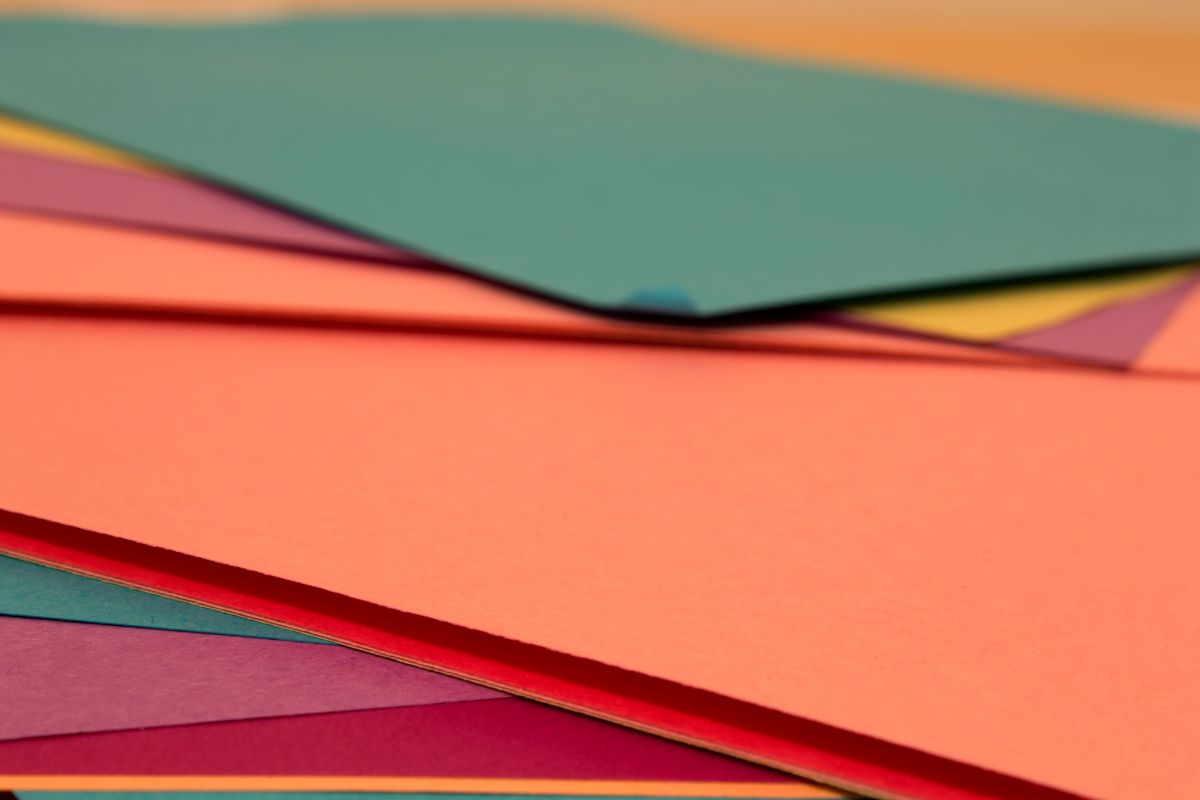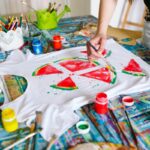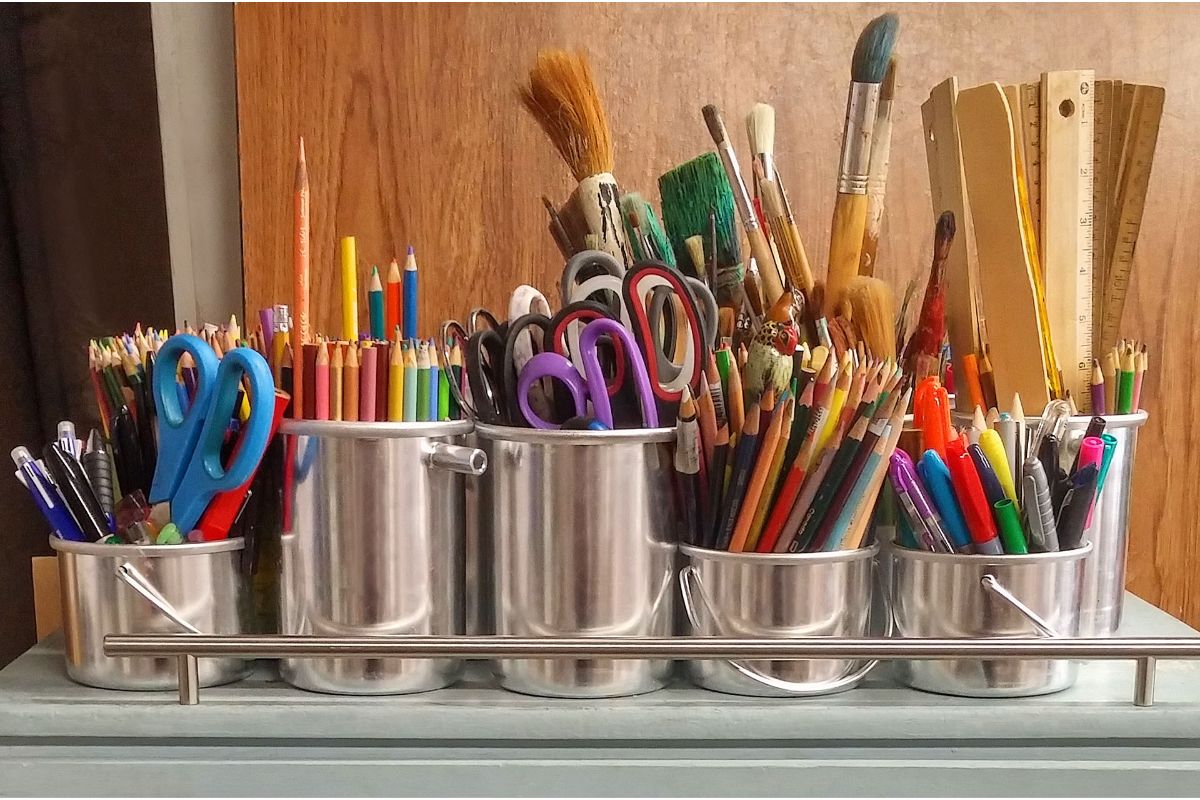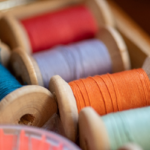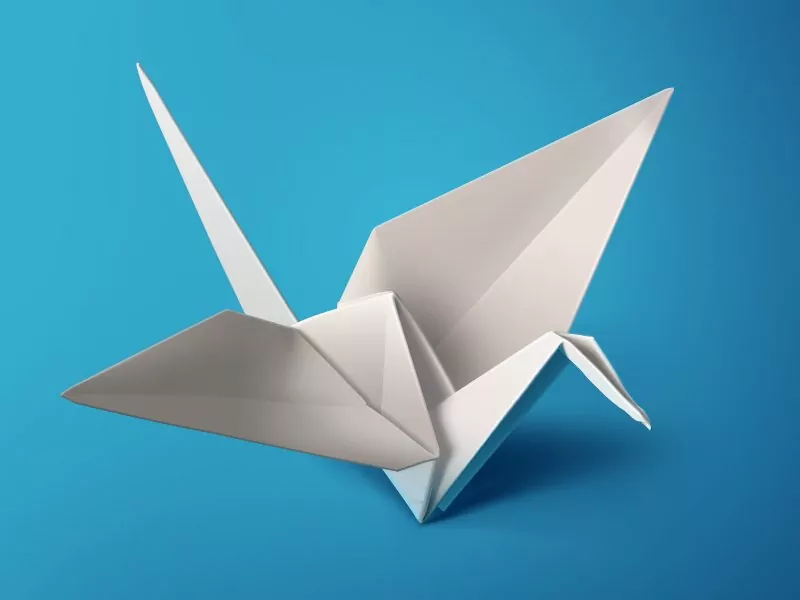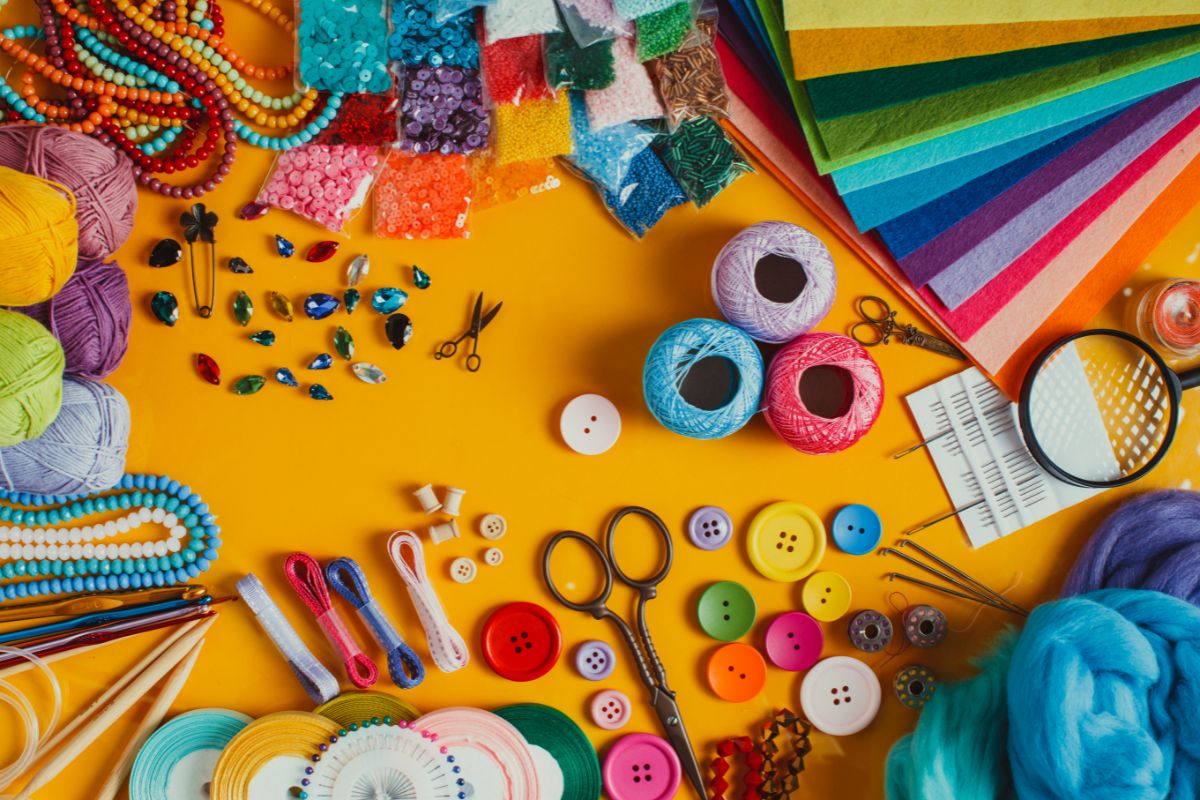Origami simply refers to the art of folding paper. Originating from the Japanese words “ori” which means “folding” and “kami” which is interpreted as “paper”, origami is traditionally associated with the Japanese culture.
However, as the art has traveled over time and culture, the term "origami" is now used to refer to all folding techniques, regardless of where they originated from in terms of culture.
Origami has a long history and it is necessary to know a bit about its history. One of the oldest documents written about origami is the “Senbazuru Orikita” which means “One Thousand Origami Cranes” and it was written around 1797.
Based on European history, the origin of origami is not associated with “Japanese” art. A good reference refers to the image of Boat from "Ramma Zushiki" which can be found in the 1490 edition of "Tractatus de Sphaera Mundi".
This image was authored by Johannes de Sacrobosco (John of Holywood) in the 13th century and printed more than 60 times through the middle of the 17th century.
Likewise, in John Webster’s play “The Duchess of Malfi” he referred to a “paper prison” which is probably the origami model known as the water bomb today. It’s also important to mention that this play was premiered around 1614 and published in 1623.
However, origamis were most commonly associated with Japanese culture for centuries with the first clear mention of a paper model in Japan dating back to a short poem written in 1680 by Ihara Saikaku.
Also, in the Edo era of Japanese culture, folding had some ceremonial purposes and noshi were affixed to gifts, much like greeting cards are done now.
Is origami a skill?
With origami, the principal objective is always to use folding and sculpting methods to turn a flat square sheet of paper into a finished sculpture.
However, origami has taken on more significance in recent years with many more individuals integrating the art into their everyday life and field of study.
With the growing interest in origami, many have wondered about the importance of origami with one question gaining significance; is origami a skill?
In principle, origami is an art that employs and explores the creative aspect of origami lovers and enthusiasts. However, it can also be viewed as a skill because if learned, it can improve different aspects of children and adults such as attention to detail, eye-hand coordination, and creative thinking ability.
Below are some of the different aspects of an individual that can be improved with origami;
Mathematical and geometry reasoning ability
Origami is actively being used in schools to teach mathematical ideas like fractions and geometry. Students in geometry classes can comprehend the ideas of symmetry (both symmetrical and asymmetrical lessons) and shapes by visualizing them on paper.
Also, creating origami designs requires an understanding of measurements and this is a great way to explain the concept of measurements to kids.
Even simple origami exercises the brain in the right way to increase your patience, confidence, memory, and focus.
Origami provides a real-world visual experience, which enhances learning. When your kid sees it while doing origami, the lesson sticks. Additionally, the child actively participates while practicing this creative skill rather than just watching silently.
Creative and thinking skills
There are complex origami design models which can easily be folded by combining a small number of basic origami folds. When learning to fold such paper models, higher-order thinking processes are involved.
Imagine using all of your creativity to assemble the most beautiful creation and you construct it all using just one piece of paper. This can help to improve your creativity and thinking skills.
A student's ingenuity and curiosity are sparked by origami. You excitedly anticipate the outcome as you fold a piece of paper wrinkle after crease. It might be an elephant, a flower, a bunny, a plane, or even a flower. With origami, there are n possible outcomes. Children get a sense of accomplishment when they manipulate paper with their own hands.
Health benefits
One activity that stimulates the mind and body while also exercising is origami. Hand-eye coordination, fine motor skills, and mental focus are all improved through origami.
Typically, our brains are strengthened through mental challenges that stretch our abilities and capabilities through a variety of cognitively demanding tasks.
As we follow directions and learn new skills and tasks while folding papers, our cognitive abilities are challenged.
Both the left and right hemispheres of the brain are activated by impulses that are transmitted into the brain. The brain's tactile, motor, and visual regions are accessed and used. The brain's investigation of origami stimulates memory, nonverbal thinking, attention, 3D comprehension, and imagination.
Problem-solving skills
Origami has become very popular within the science and mathematics field because of its ability to develop and improve the problem-solving skills of individuals.
Researchers in the field of science and technology use a range of smart material technologies to create active action origami structures.
These engineering and scientific marvels have a wide range of applications, including morphing wings, a deployable solar array in space, and cardiac stents. They use materials like shape memory alloys, electroactive polymers, and electroactive polymers (EAP), among others, to produce these structures.
Social skills
For both adults and kids, social skills play an important role in their growth and are therefore an important skill to develop.
Learning how to create different origami designs in groups is a great avenue for both children and adults to not just have fun and learn but also gain necessary social skills. They can also be used to impact the knowledge of the value of collaborative learning and teamwork.
With group assignments, projects, and tasks, integrating the art of origami can help stimulate, build, and strengthen the social skills of individuals.
Although origami can rightfully be seen as an art because of its creative tendencies, it is also a skill, and looking at the numerous aspects of an individual’s life the knowledge of origami can improve, it is absolutely a great skill to develop.- Cricut Hat Press: A Comprehensive Guide on Usage - August 13, 2023
- Unlocking Creativity with the Cricut Joy: A Comprehensive Guide - August 12, 2023
- The Ultimate Guide to the Cricut Maker Bundle - August 11, 2023


